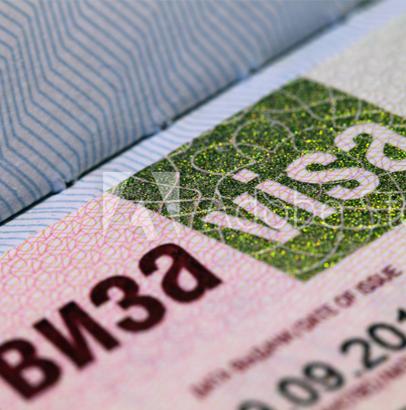
New Law Eliminates Requirement to Renounce Foreign Citizenship

On April 24, 2020, the Russian government portal for legal information published the text of the newly adopted Law on Amending the Law on Citizenship. (Federal Law No. 134-FZ of April 24, 2020, Concerning the Simplification of the Procedure for Acquisition of Russian Citizenship.) The new law, which will enter into force in three months, eliminates the current requirement that applicants renounce foreign citizenship to acquire citizenship of Russia. The current citizenship law (Federal Law No. 62-FZ of June 5, 2002, on Citizenship of the Russian Federation) (Law on Citizenship) provides for granting Russian citizenship to foreign nationals only if they can prove that they have reported their renunciation of foreign citizenship to the foreign state’s authorities.
The amendment to the current citizenship law applies to foreign citizens and stateless individuals who permanently reside in Russia. From now on, government offices dealing with immigration and citizenship issues, which had monitored the termination of Russian of foreign citizenship by Russian nationals, will be required only to accept written notification from the applicants for Russian citizenship that they hold or have terminated citizenship of another state. (Art. 1(3.b).)
These applicants for Russian citizenship are no longer subject to the three-year residency requirement, nor will they be required to prove that they have a legal source of income. This norm will also apply to foreign spouses of Russian nationals who have a common child and to foreigners who have at least one parent with Russian citizenship residing in Russia. (Art. 1(2.b).)
The law also eliminates the requirement that citizens of the former Soviet Union who continue to reside in one of the former Soviet republics without having citizenship of that republic take up residence in Russia in order to apply for naturalization. (Art. 1(2.c).) Those nationals of Moldova, Ukraine, Belarus, and Kazakhstan who have a Russian residency permit no longer have to wait for three years before applying for Russian citizenship. (Art. 1(2.b).)
When the bill was discussed in the Russian State Duma (lower house of the legislature), some members proposed extending to all Russian compatriots the right to acquire Russian citizenship without terminating current citizenship or requiring their resettlement in Russia. If adopted, this amendment would allow the issuing of Russian passports to members of the Russian diaspora in foreign countries. Reportedly, the executive branch did not consent to this proposal.
Among other measures provided by the new law is shortening the waiting period before submitting the citizenship application from three years to one year for those who live and work in Russia or are foreign graduates of Russian universities. (Art. 1.3(d).)
Russian law neither provides for the possession of dual citizenship nor recognizes the foreign citizenship of its nationals. (Law on Citizenship art. 6.) Under this law, all individuals are treated as Russian citizens regardless of whether they have citizenship of a foreign country. An exception is made for the citizens of Tajikistan, the only country that has a relevant treaty with Russia. (Treaty Between the Russian Federation and Republic of Tajikistan on Regulating Dual Citizenship Issues, Sept. 7, 1995.) A similar treaty with Turkmenistan was terminated in 2015.
At the same time, Russian legislators are working on establishing norms that would prohibit government employees from acquiring citizenship of foreign states. It was reported that, in line with this general discussion, a bill was introduced in the State Duma and approved by the Foreign Affairs Committee on April 2, 2020. If this bill were adopted, it would prohibit all Russian diplomats working abroad and Russian representatives in international organizations from having dual citizenship, foreign nationality, or residency permits in a foreign country.